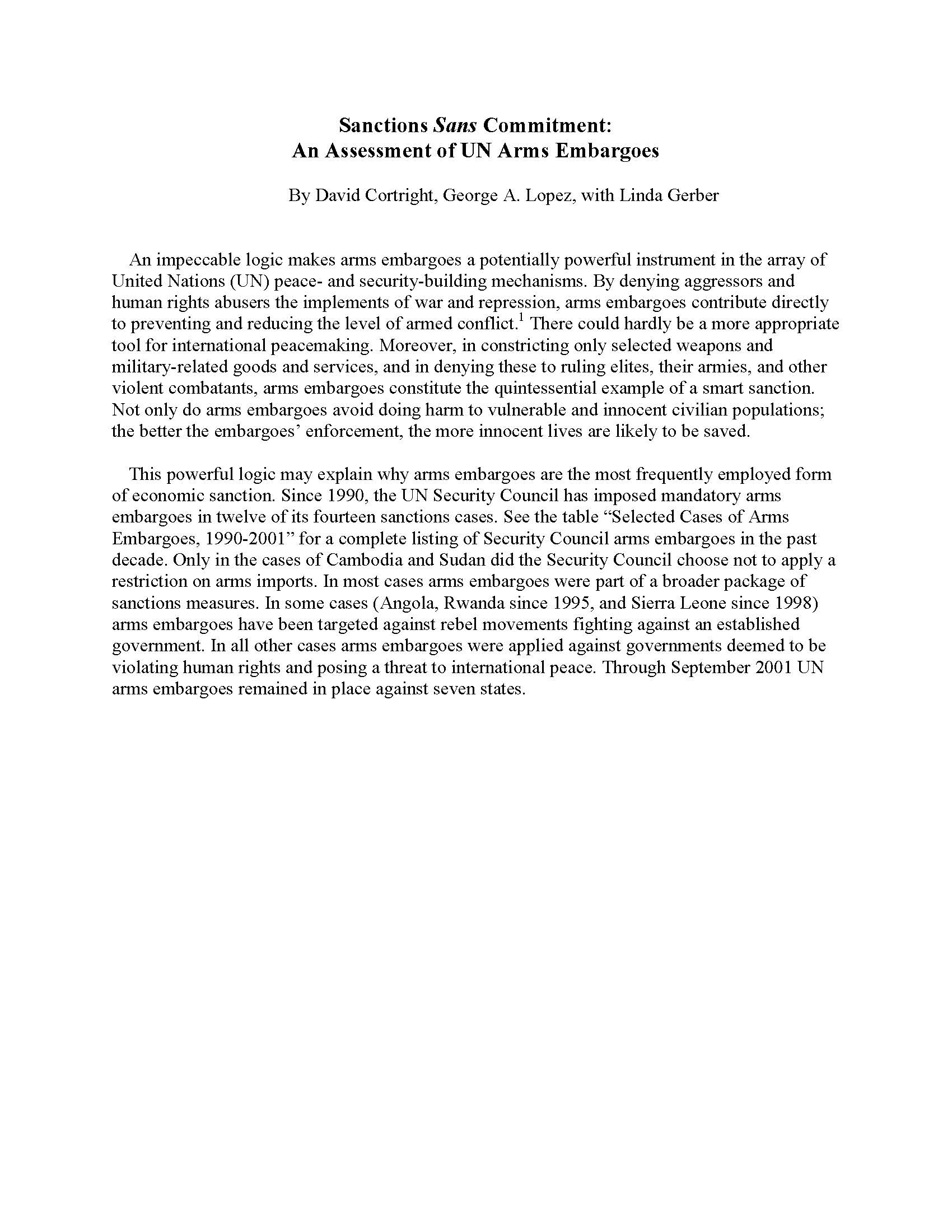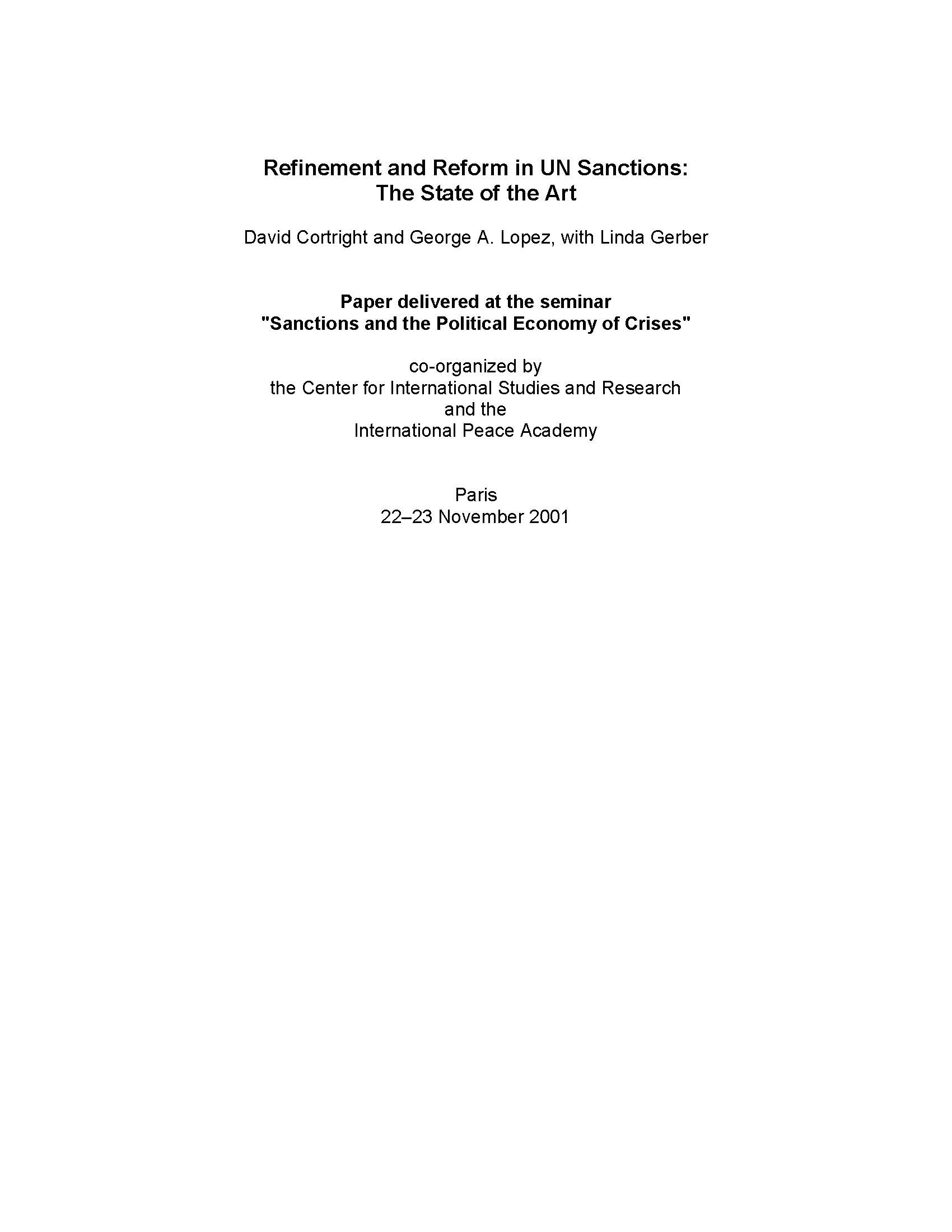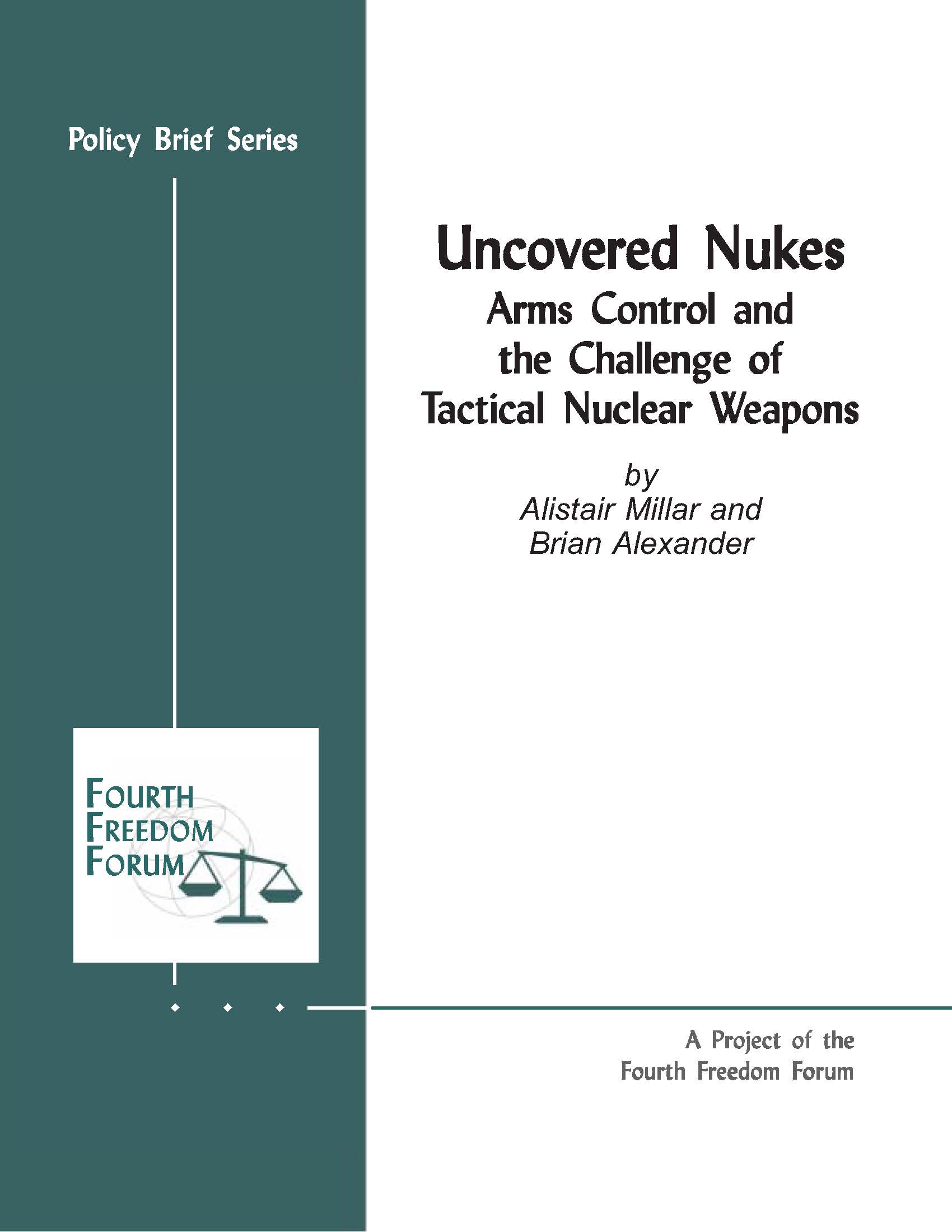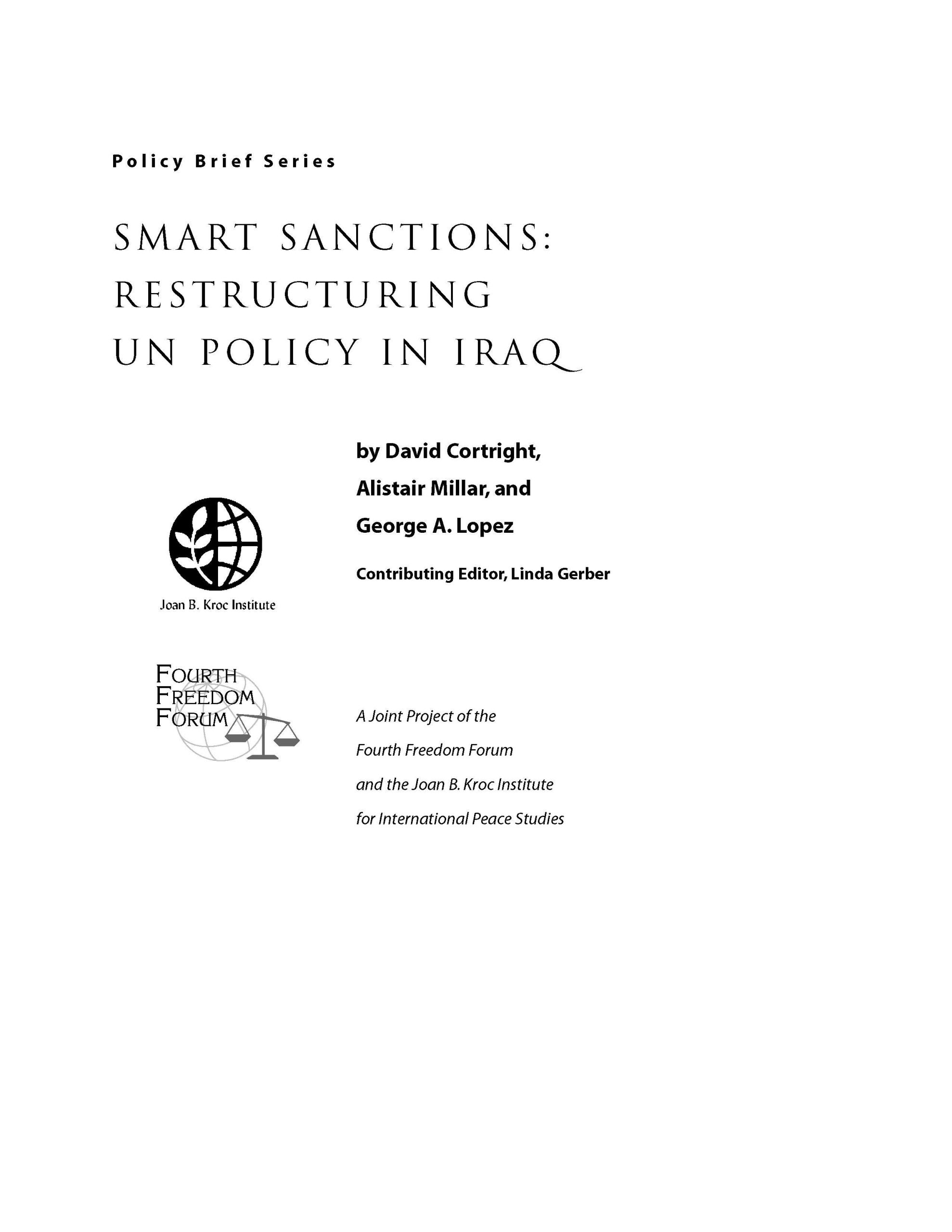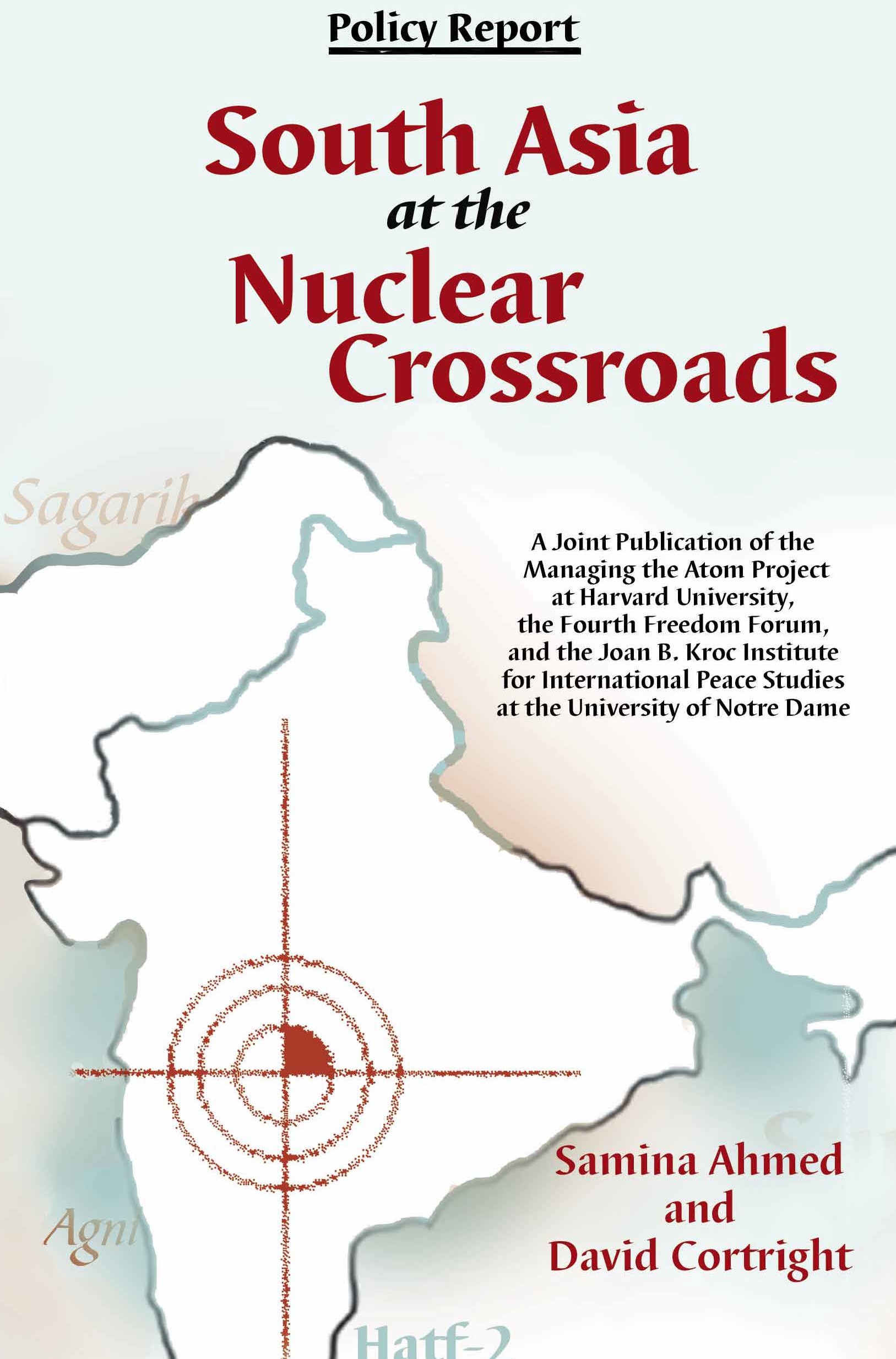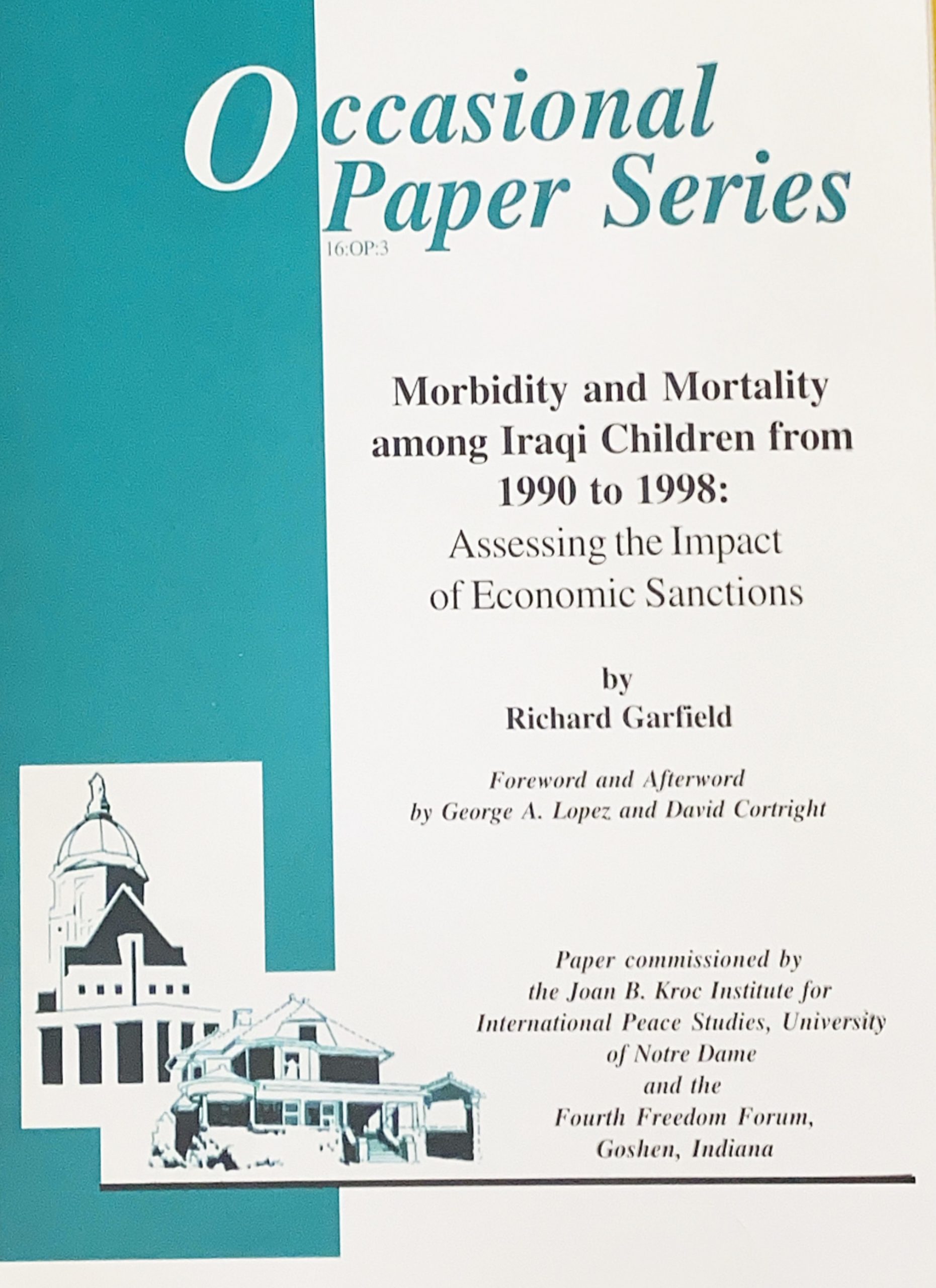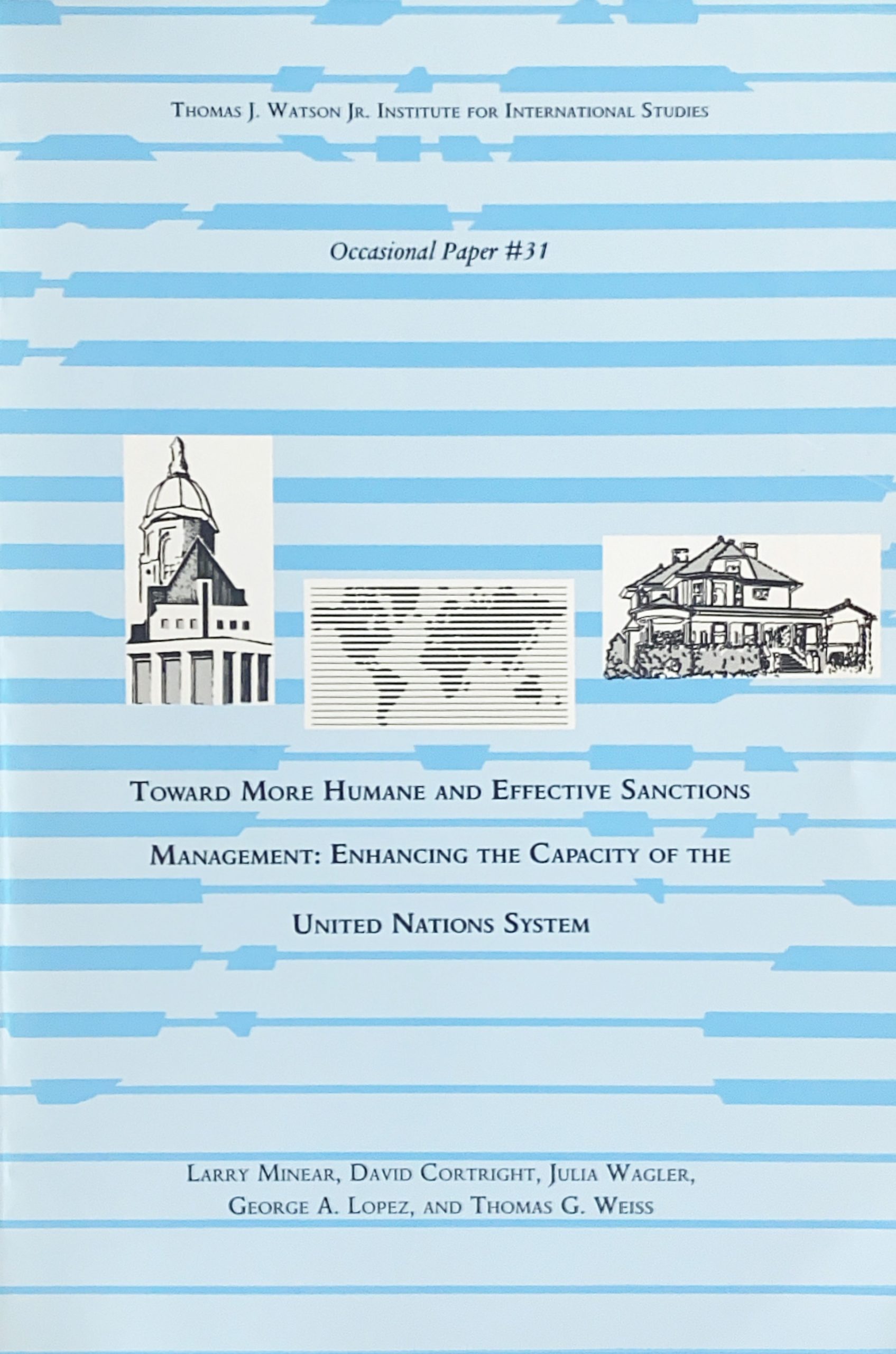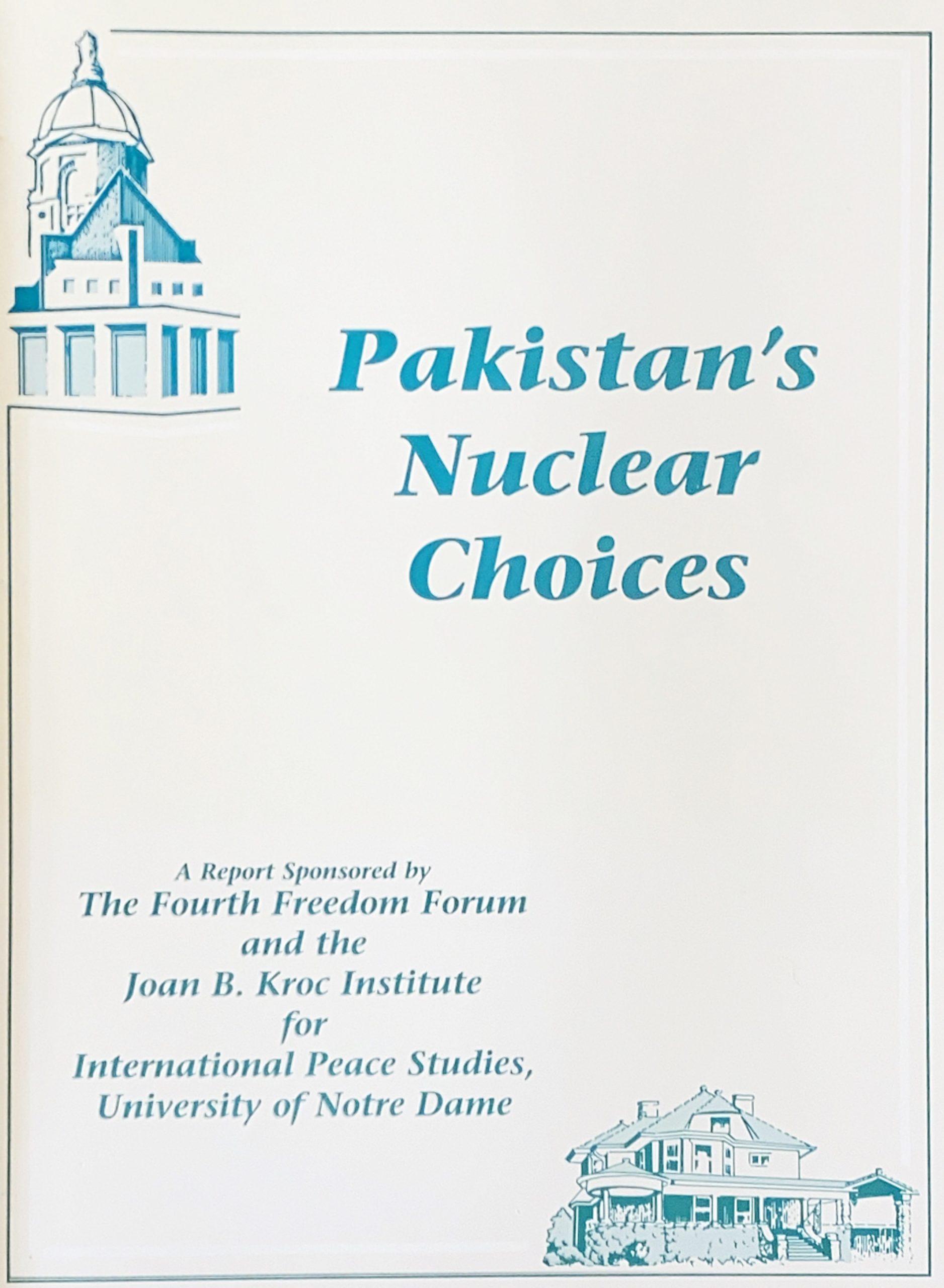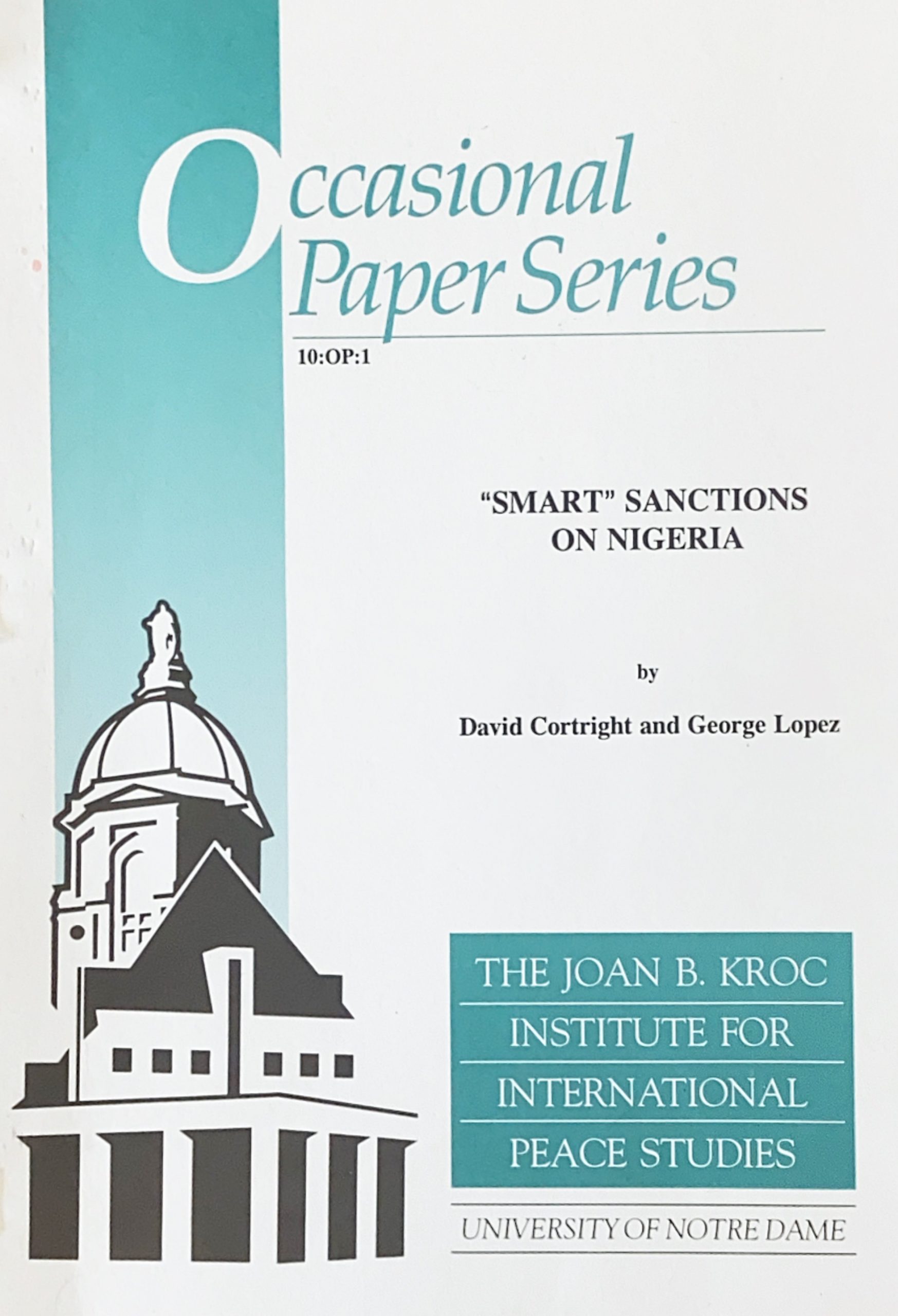Sanctions Sans Commitment: An Assessment of UN Arms Embargoes
Report — April 2002
This report provides preliminary analysis of what recent arms embargo cases reveal about how to improve the implementation and enforcement of arms embargoes. It also discusses some of the recommendations for arms embargoes formulated at the recently concluded Bonn-Berlin high level meetings on this policy area.
